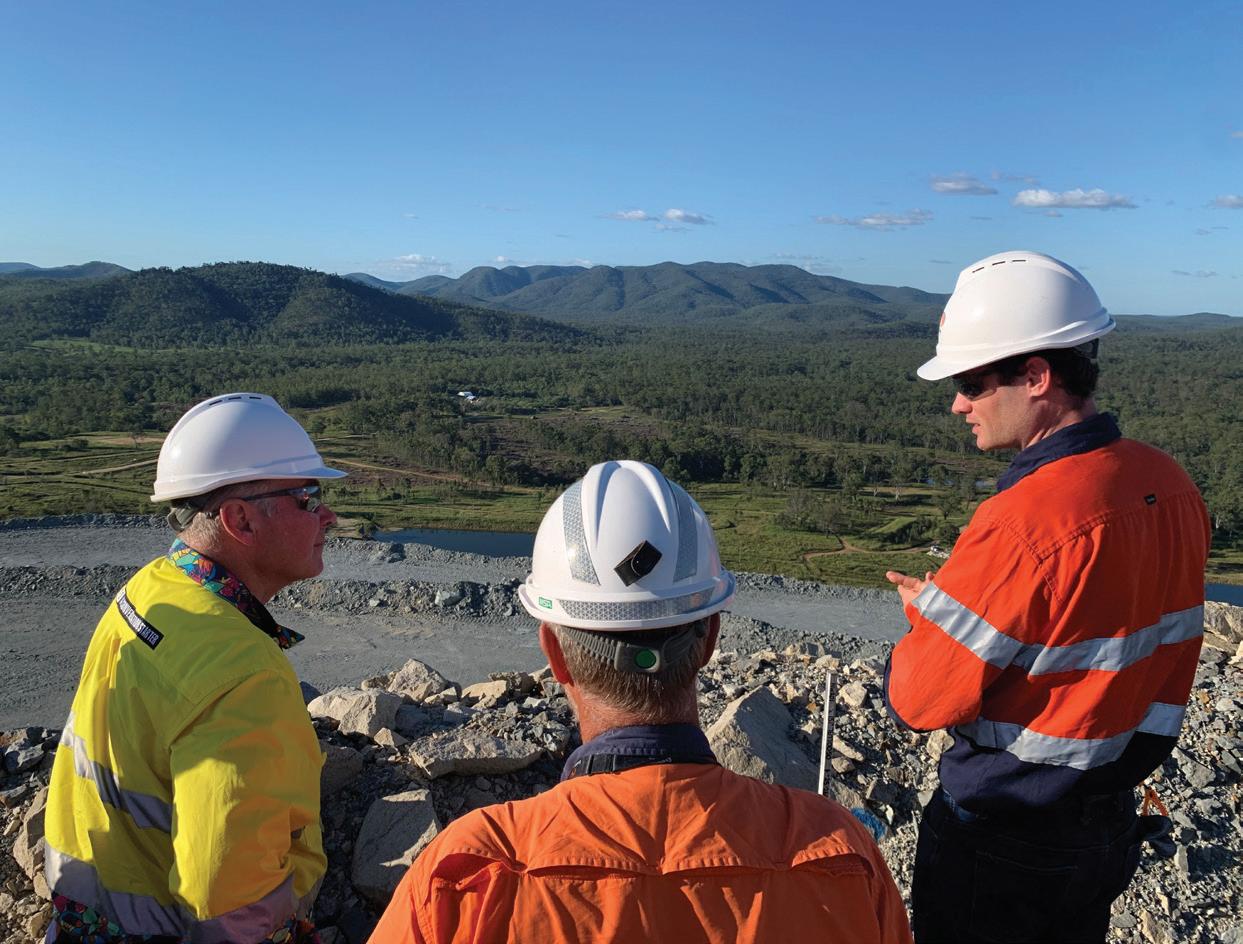
2 minute read
GOVERNMENT COMMITS TO IMMEDIATE ACTION ON SKILLS SHORTAGE
GOVERNMENT COMMITS TO
IMMEDIATE ACTION ON SKILLS SHORTAGE
Advertisement
The Federal Government has committed to several policies addressing ongoing skills shortages following the conclusion of its Jobs and Skills Summit.
The event engaged representatives from industry, unions and other stakeholders. Following the consultation, the Federal Government committed to the immediate implementation of 36 initiatives.
Two of these policies seek to improve upon current skills shortages, and include: ♦ An additional $1 billion in joint federal-state funding for fee-free
TAFE in 2023 and accelerated delivery of 465,000 fee-free
TAFE places ♦ An increase in the permanent
Migration Program ceiling to 195,000 in 2022-23 to help ease widespread, critical workforce shortages
The Minerals Council of Australia (MCA) celebrated the Federal Government’s commitment, which it says will improve the strength and composition of the domestic resources workforce.
MCA Chief Executive Officer, Tania Constable, said the policies would drive greater participation in the mining industry.
“The MCA welcomes the positive announcements on childcare support, training and skilled migration at the Jobs and Skills Summit and will continue to engage constructively on proposals to increase real wages through productivity growth,” Ms Constable said.
“The Federal Government’s commitment to increase permanent skilled migration by 195,000 nationally will benefit regional communities, with an extra 9,000 places providing the mining industry an increased talent pool.
“Bringing forward child support and more fee-free TAFE places are important measures to increase choice and pathways for Australians, including women, people with disability, First Nations people and families.”
However, Ms Constable cautioned against proposed changes to industrial relations reform, suggesting any change must be ‘carefully considered’.
“The strong contribution of mining – and the opportunities for further minerals development and value-adding – must not be compromised by a return to industrial disruption and wage-price inflation, which characterised industrywide bargaining prior to the Keating Government’s workplace relations reforms,” Ms Constable said.
“A number of new workplace relations priorities nominated by the Minister for Employment and Workplace Relations, Tony Burke, will require careful consideration and extensive consultation to avoid unintended and counterproductive outcomes for jobs, productivity, wages and investment in the technology and equipment that will position workers to thrive in the industries of the future.
“No case has been made to extend multi-employer bargaining to high-paying industries like mining.
“As the Minister indicated, any change must preserve the ability of employers to make enterprise agreements under the current regime.
“Mining has successfully used enterprise bargaining and a suite of employment options to treble employment over the past 20 years from 88,000 to 278,000 people, with 88 per cent of those jobs being permanent and average wages across the industry of $144,000 a year.”










